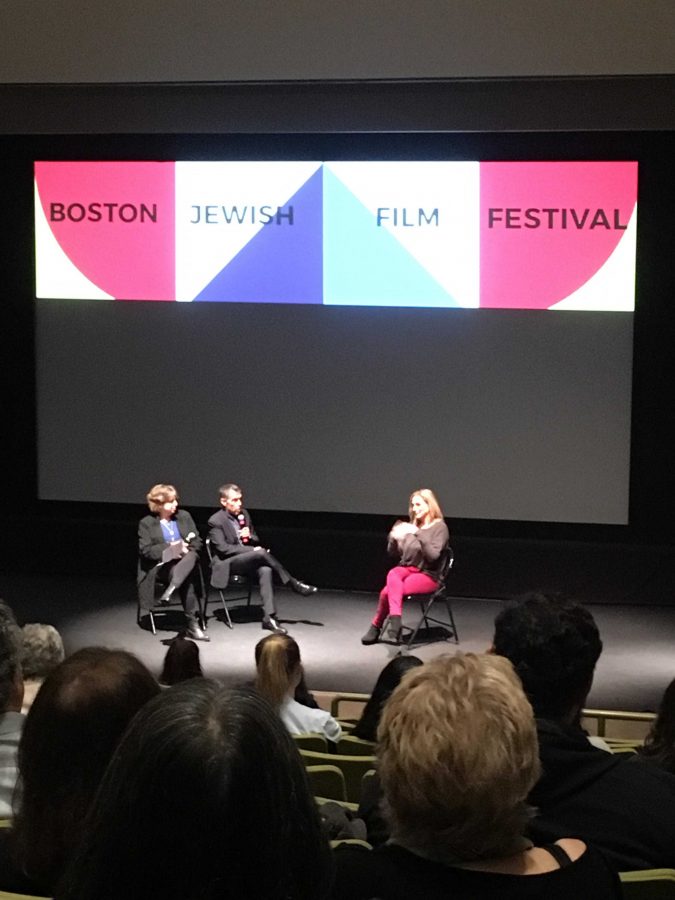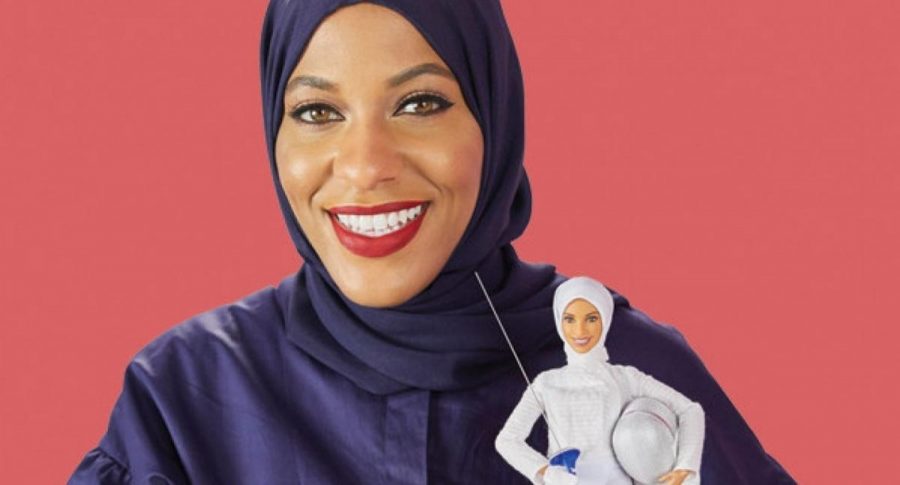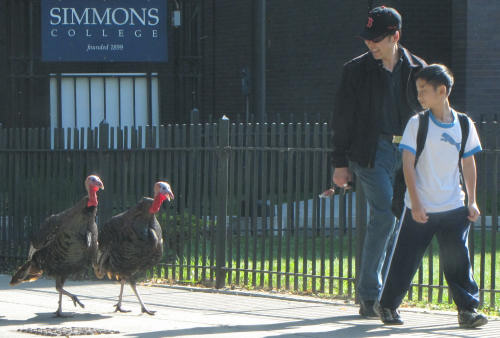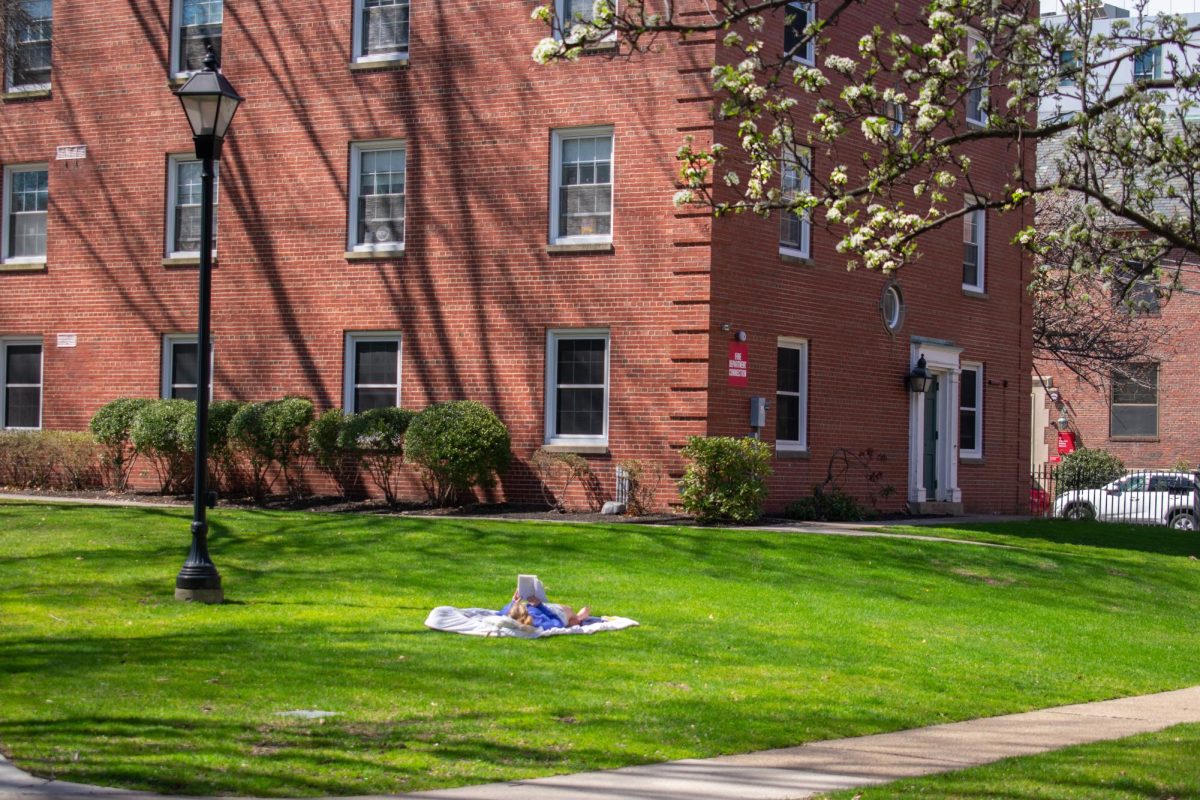Dear Editors,
Microaggressions are a public health problem. The term “microaggression” suggests that they are small things, things that can be shrugged aside. In a 2010 book, Derald Wing Sue defined them as “brief and commonplace daily verbal, behavioral, and environmental indignities, whether intentional or unintentional, that communicate hostile, derogatory, or negative racial, gender, sexual orientation, and religious slights and insults to the target person or group” (p. 5). People who commit acts of microaggression may do so unknowingly and may even have good intentions, such as being friendly, but they make their targets feel marginalized. Microaggressions affect individuals’ physical and mental health—this can happen in the short term, and multiple microaggressions can have chronic health consequences over individuals’ lifetimes. Discrimination in its many forms results in embodied inequalities, according to Harvard School of Public Health professor Nancy Krieger. It can lead to increased stress hormones, higher blood pressure, and other chronic health problems.
The Black Student Organization has called our attention to microaggressions that occur within our campus community. We ask our students and colleagues to move forward to acknowledge and remove microaggressions from our interactions with each other, to improve the health of all of our community members.
Sincerely yours,
Simmons College Public Health Program Co-Directors
Prof. Val Leiter, Sociology
Prof. Liz Scott, Biology


















